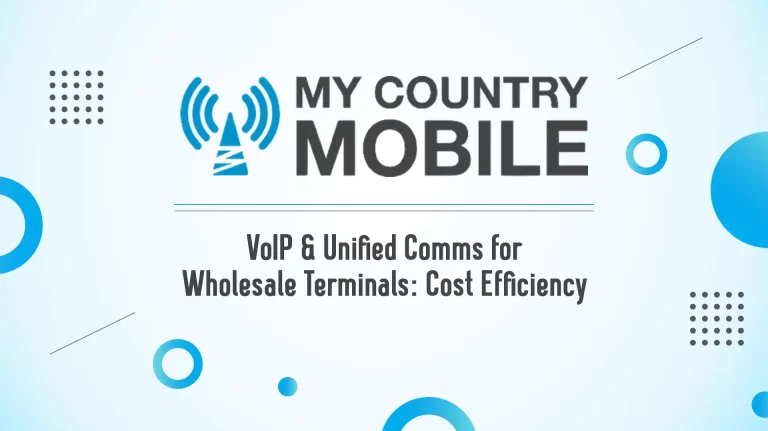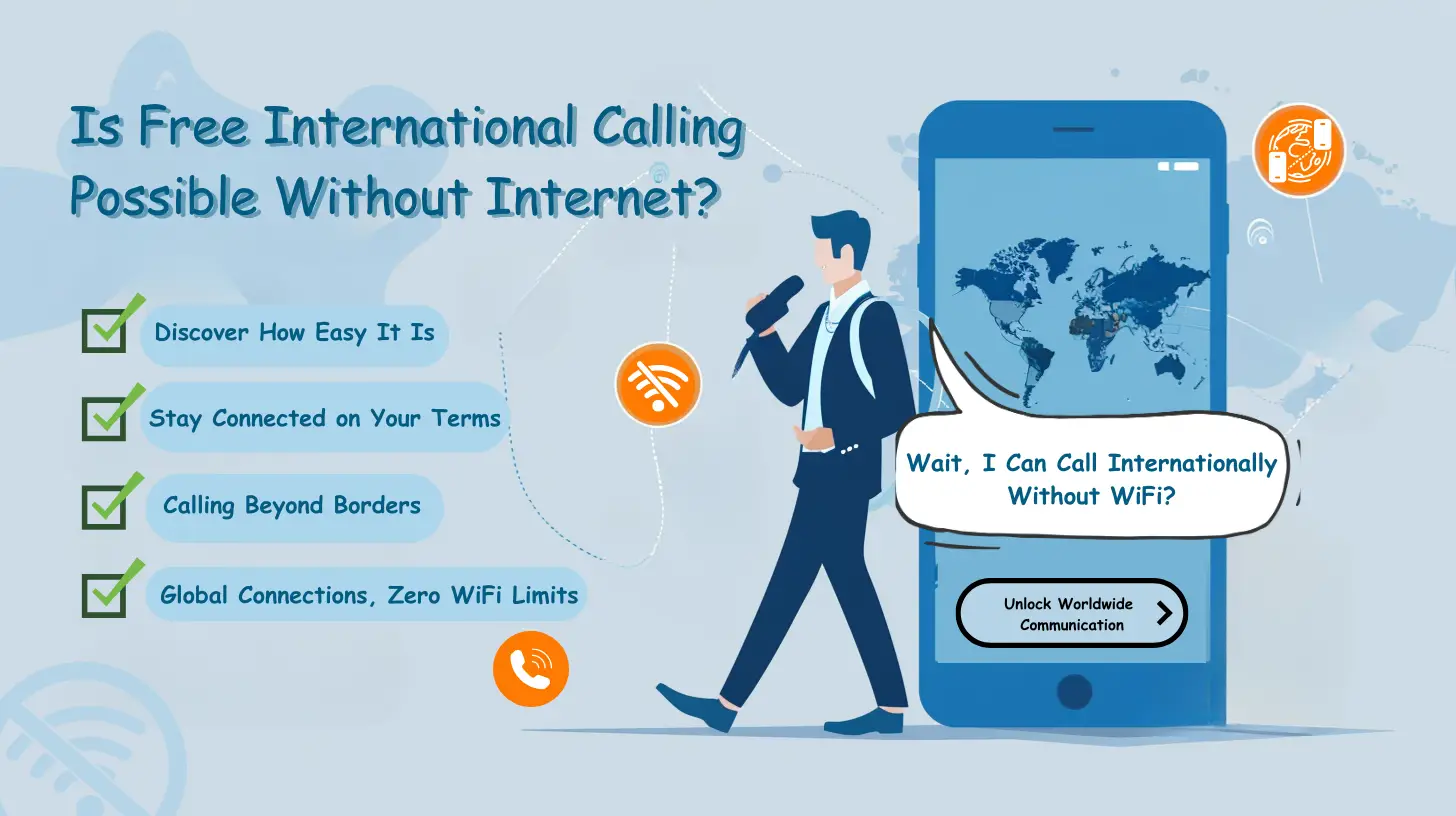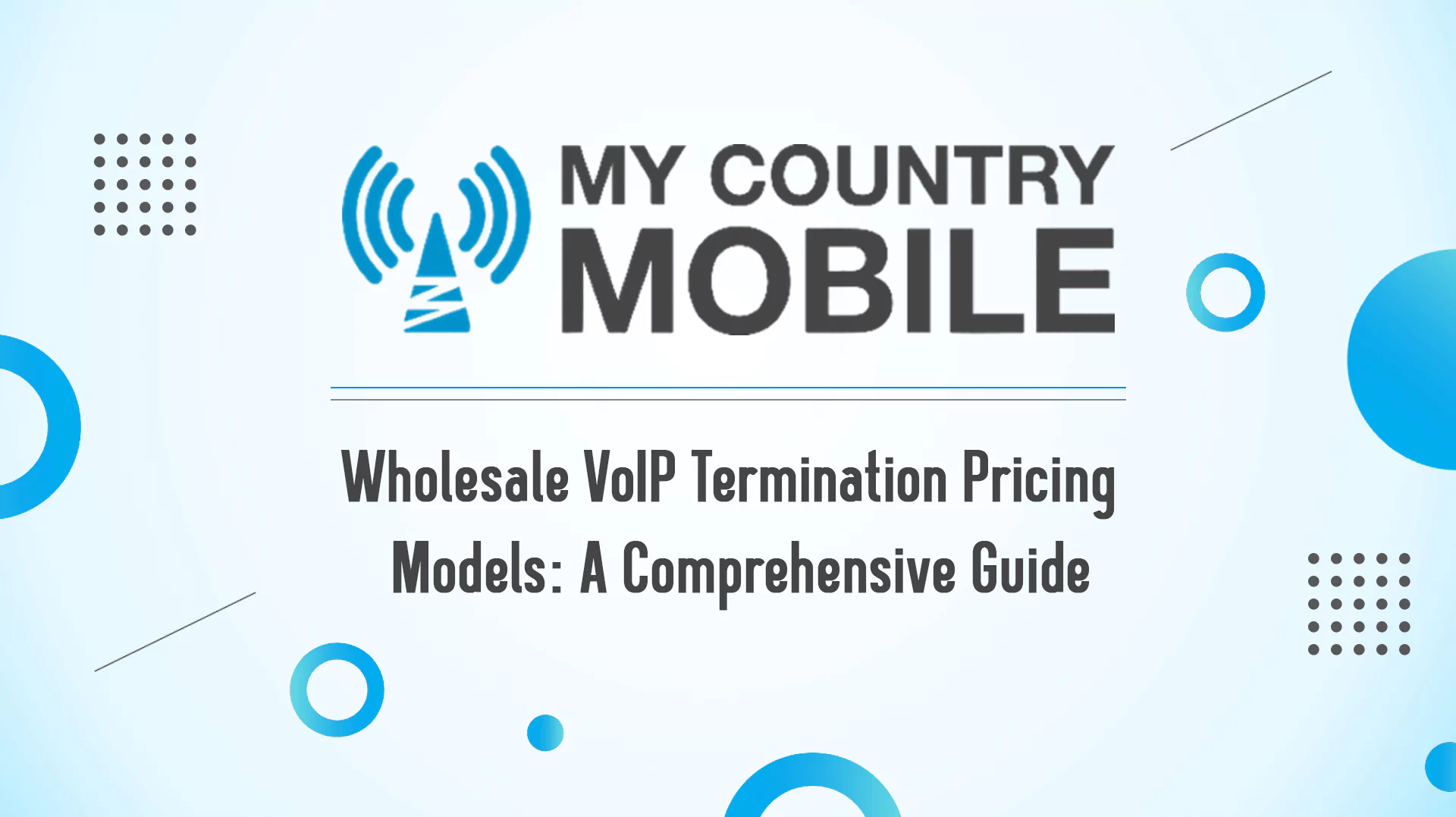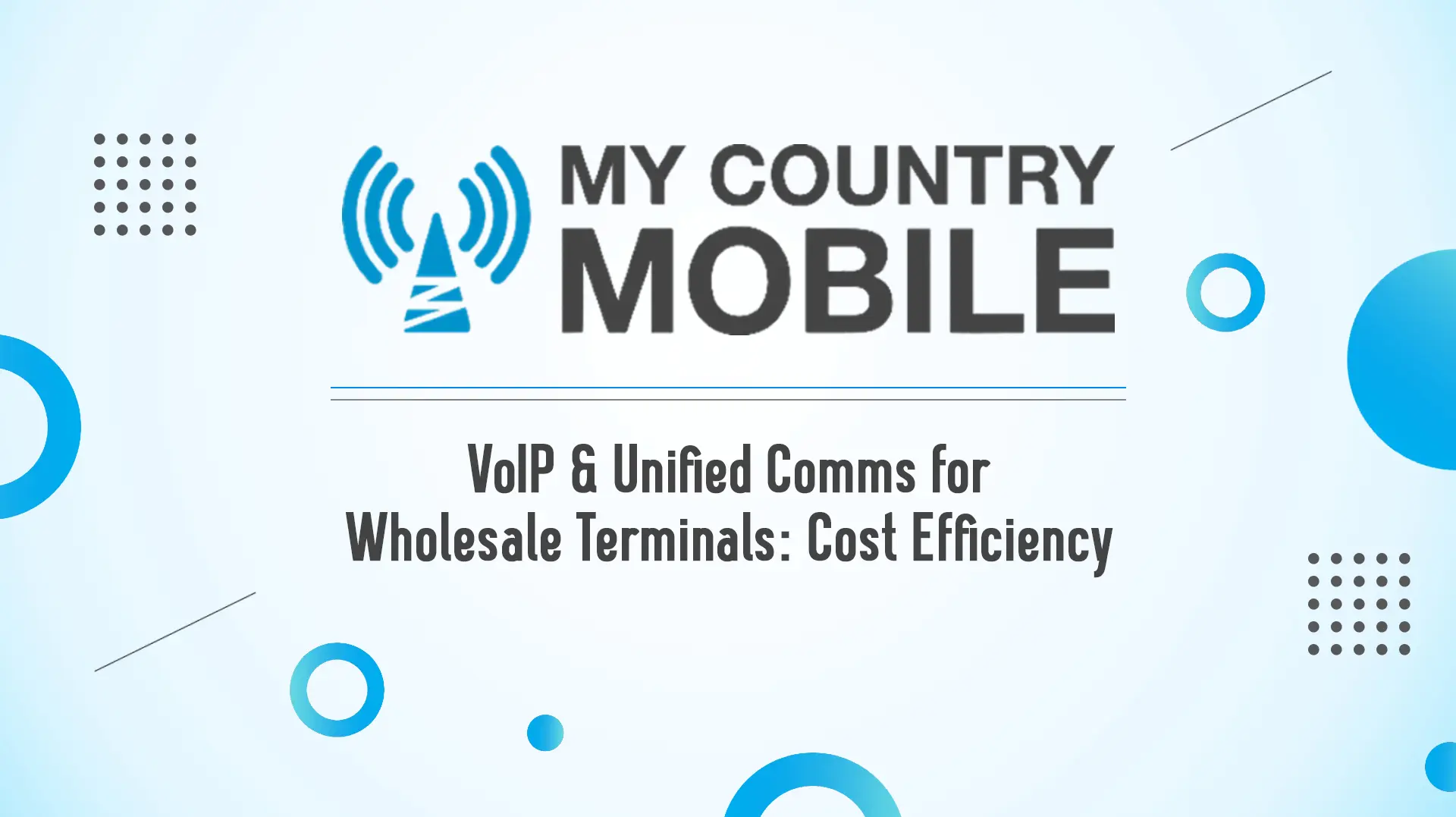
- Products
Messaging
Voice & Video
Global Numbers
Applications
CHANNELS
SMS Marketing Platform
Send targeted bulk SMS campaigns to engage customers and boost sales through our easy-to-use online portal.
Chat Bot
Automate conversations and enhance customer experience through AI-powered chatbots integrated across your channels.
USE CASES
Communicate Across All Channels
Chat without limits! Connect your favorite messaging apps for easy, all-in-one communication.
Build real customer connections
Connect with customers genuinely and in the moment. Real-time conversations build trust.Prioritize customer relationships.
Build trust and loyalty by genuinely listening to needs and exceeding expectations.
VOICE & VIDEO
USE CASES
Maximize Voice Service Reach
Experience hassle-free business communication with a complete voice solution.Safeguarding Emergency Services
Streamline connections and empower first responders to deliver effective crisis assistance.Utilize anonymous calling features
Safeguard user privacy and retain revenue with number masking and in-app calling solutions.GLOBAL NUMBERS
USE CASE
Establishing a Local Presence
Reduce costs for international customers making inquiries with our affordable solutions.Global Customer Support
The ability to track regional call volume and tailor support accordingly.International Marketing Campaigns
Ability to understand which campaigns and channels resonate in specific regions.APPLICATIONS
USE CASE
CallMama
Take Your Business to the Next Level with Our All-Inclusive Set of Innovative Solutions
RingFlow
Designed to handle incoming calls from customers seeking assistance or information.
Floatchat
Interact directly, boost leads, drive revenue – make a measurable impact on success!
SMSlocal
Send targeted SMS campaigns, instant OTPs, alerts and more to grow your business.
- Solutions
BEST SOLUTION
By Industry
Global Number
USE CASES
Small Business
Local restaurant increased reservations with cloud-based IVR and call routing.
Medium Business
Regional hospital lowers missed appointments with call monitoring.Enterprise
Global retailer improved first call resolution with AI-powered contact center analytics. - Partners
PARTNERS
USE CASES
Improved Customer Service
Global retailer reduced call volume and costs by integrating conversational AI across channels.Increased Lead Generation
Software company boosted trial sign-ups by adding a chatbot to their website.Enhanced Customer Experience
Insurance provider lowered repeat queries and improved satisfaction with a virtual assistant. - Insights
DIRECTORY
LEARN
USE CASES
Optimized Voice Infrastructure
Optimize voice traffic with My Country Mobile’s cost-effective and reliable SIP trunking.Enabled SMS Notifications
Use My Country Mobile APIs to send SMS alerts and notifications for streamlined digital banking.Scaled Local Numbers
Agencies acquire local numbers in new regions with My Country Mobile.



























